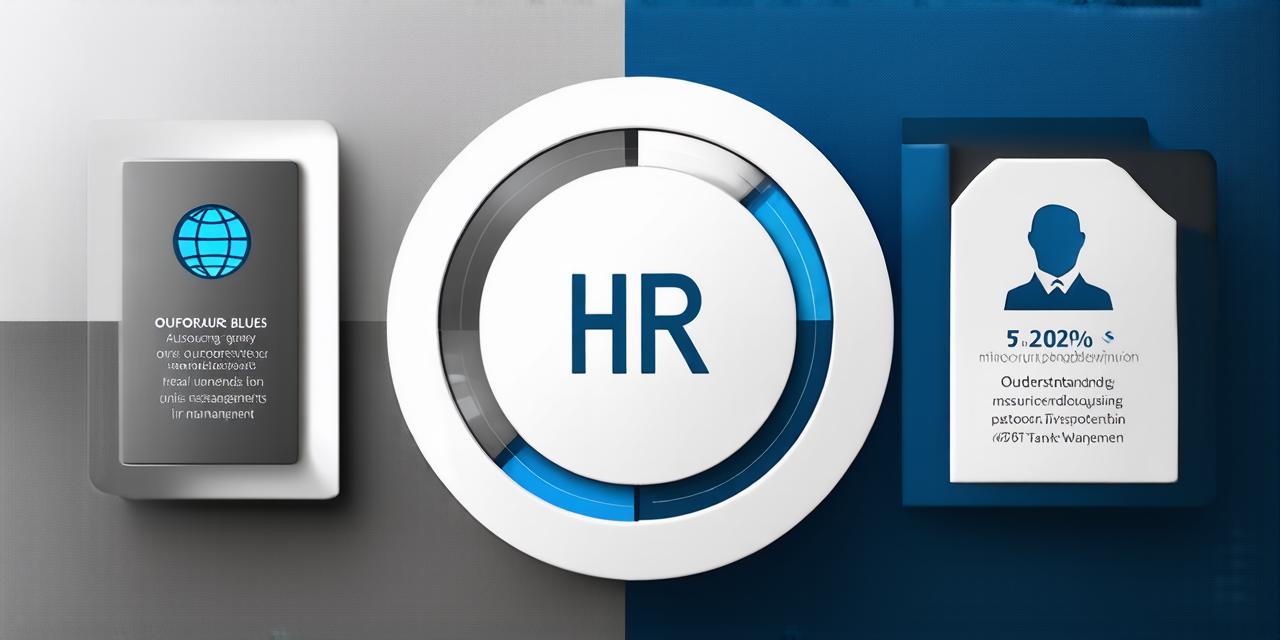Understanding Outsourcing in HR Management
BlogTable of Contents
ToggleWhat is Outsourcing in HR Management?
Outsourcing in HRM refers to the practice of delegating certain HR functions, such as payroll processing, employee benefits administration, recruitment and hiring, training and development, and performance management, to an external service provider. The aim is to transfer these responsibilities to a third party that has the necessary expertise, resources, and infrastructure to handle them more effectively and efficiently than the organization itself.
Benefits of Outsourcing in HRM
There are several benefits associated with outsourcing in HRM, including:
- Cost Savings: One of the main reasons organizations outsource HR functions is to reduce costs. By delegating these responsibilities to an external provider, companies can avoid the expenses associated with hiring and training internal staff, purchasing software and hardware, and maintaining an in-house HR department.
- Improved Efficiency: Outsourcing HR functions can improve organizational efficiency by allowing companies to focus on their core business activities while leaving HR tasks to the experts. This can free up time and resources that can be used for other important projects and initiatives.
- Enhanced Flexibility: Outsourcing in HRM can provide organizations with greater flexibility, as they can scale their HR operations up or down according to changing business needs. This can help companies adapt quickly to changes in the market, customer demands, and competitors.
- Access to Expertise: By working with an external service provider, organizations can gain access to a pool of highly skilled and experienced HR professionals who can provide specialized knowledge and expertise that may not be available in-house
- Compliance: Outsourcing HR functions can also help organizations comply with regulatory requirements and standards, as external providers often have the necessary resources and expertise to ensure compliance with relevant laws and regulations.
Drawbacks of Outsourcing in HRM
While outsourcing in HRM can provide numerous benefits, it is not without its challenges. Some of the potential drawbacks include:
- Loss of Control: Delegating HR functions to an external provider can lead to a loss of control over these processes, as companies may have limited visibility into how their data is being processed and managed. This can raise concerns about data security, privacy, and compliance with regulatory requirements.
- Communication Issues: Communication between the organization and the outsourcing provider can be challenging, particularly when it comes to ensuring that both parties are on the same page in terms of expectations, timelines, and deliverables.
- Quality Control: There is a risk that the quality of HR services provided by an external provider may not meet the organization’s standards or expectations. This can result in issues with employee engagement, retention, and productivity.
- Cultural Differences: When working with an outsourcing provider from a different cultural background, there may be differences in values, beliefs, and communication styles that can cause misunderstandings and conflict.

How to Effectively Implement Outsourcing in HRM
To effectively implement outsourcing in HRM, organizations should consider the following steps:
- Conduct a Needs Assessment: Before outsourcing any HR function, it is important to conduct a thorough needs assessment to determine which processes can be effectively delegated to an external provider and which require internal expertise.
- Identify Suitable Providers: Once the organization has identified the HR functions that can be outsourced, they should research and select suitable providers based on factors such as expertise, experience, cost, and cultural fit.
- Develop Clear Expectations and Communication Channels: The organization should develop clear expectations and communication channels with the outsourcing provider to ensure that both parties are on the same page in terms of deliverables, timelines, and quality standards.
- Monitor and Evaluate Performance: The organization should regularly monitor and evaluate the performance of the outsourcing provider to ensure that they are meeting expectations and delivering high-quality services that align with the organization’s values and goals.
- Maintain Internal Controls: While outsourcing certain HR functions, organizations should maintain internal controls over key processes such as data security, privacy, and compliance to protect their sensitive information and ensure regulatory compliance.
Summary
Outsourcing in HRM can provide numerous benefits, including cost savings, improved efficiency, enhanced flexibility, access to expertise, and compliance with regulatory requirements. However, it is not without its challenges, such as loss of control, communication issues, quality control, and cultural differences. To effectively implement outsourcing in HRM, organizations should conduct a needs assessment, identify suitable providers, develop clear expectations and communication channels, monitor and evaluate performance, and maintain internal controls. By following these steps and considering the potential benefits and drawbacks, organizations can make informed decisions about whether outsourcing is the right approach for their HR management needs.
